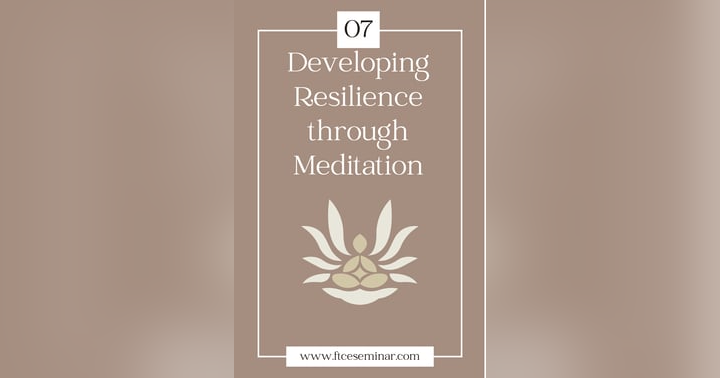Coping with Failure: A Step-by-Step Guide to Regaining Confidence

Coping with Failure: A Step-by-Step Guide to Regaining Confidence
Failing can be a disheartening experience that can shake your confidence and leave you feeling defeated. However, failure is an inevitable part of life, and it's how we respond to it that truly matters. In this blog post, we will explore four essential steps to help you process negative emotions, regain perspective, and bounce back stronger than before.
Step 1: Avoid Panic and Maintain Composure
When faced with failure, it's crucial to avoid giving in to panic. Instead, take a deep breath and focus on regaining your composure. Allow yourself time to process your emotions and avoid making rash decisions. Remember that failures are not a reflection of your worth, and it's okay to feel to feel your feelings, take some rest and reflection, then prepare to bounce back. That's called resilience!
Step 2: Be Honest with Yourself: Identify Areas for Improvement
Once you've calmed down, take time to honestly assess your performance. Identify areas where you could have done better and focus on constructive feedback instead of dwelling on your mistakes. This will help you pinpoint specific areas for improvement and develop a plan for growth.
Step 3: Develop a Plan for Bouncing Back: Set Realistic Goals
With a clear understanding of where you need to improve, develop a realistic plan for bouncing back. Set small, achievable goals that will help you gradually improve your skills and confidence. Break down large tasks into smaller, manageable steps, and celebrate your successes along the way.
Step 4: Cultivate a Positive Perspective: Focus on Growth and Progress
It's easy to get discouraged after a failure, but it's essential to maintain a positive perspective. Instead of seeing failure as a setback, view it as an opportunity for growth and learning. Focus on the progress you've made, no matter how small, and remember that setbacks are temporary.
Additional Resources and Support for Coping with Failure
Conclusion: Regaining Confidence and Overcoming Setbacks
Coping with failure can be challenging, but it's a necessary part of growth and resilience. By following these four steps, you can process your emotions, identify areas for improvement, develop a plan for bouncing back, and cultivate a positive perspective. Embrace failure as an opportunity for learning, and remember that it does not define you. With determination and perseverance, you can overcome setbacks and build a stronger, more confident you.













